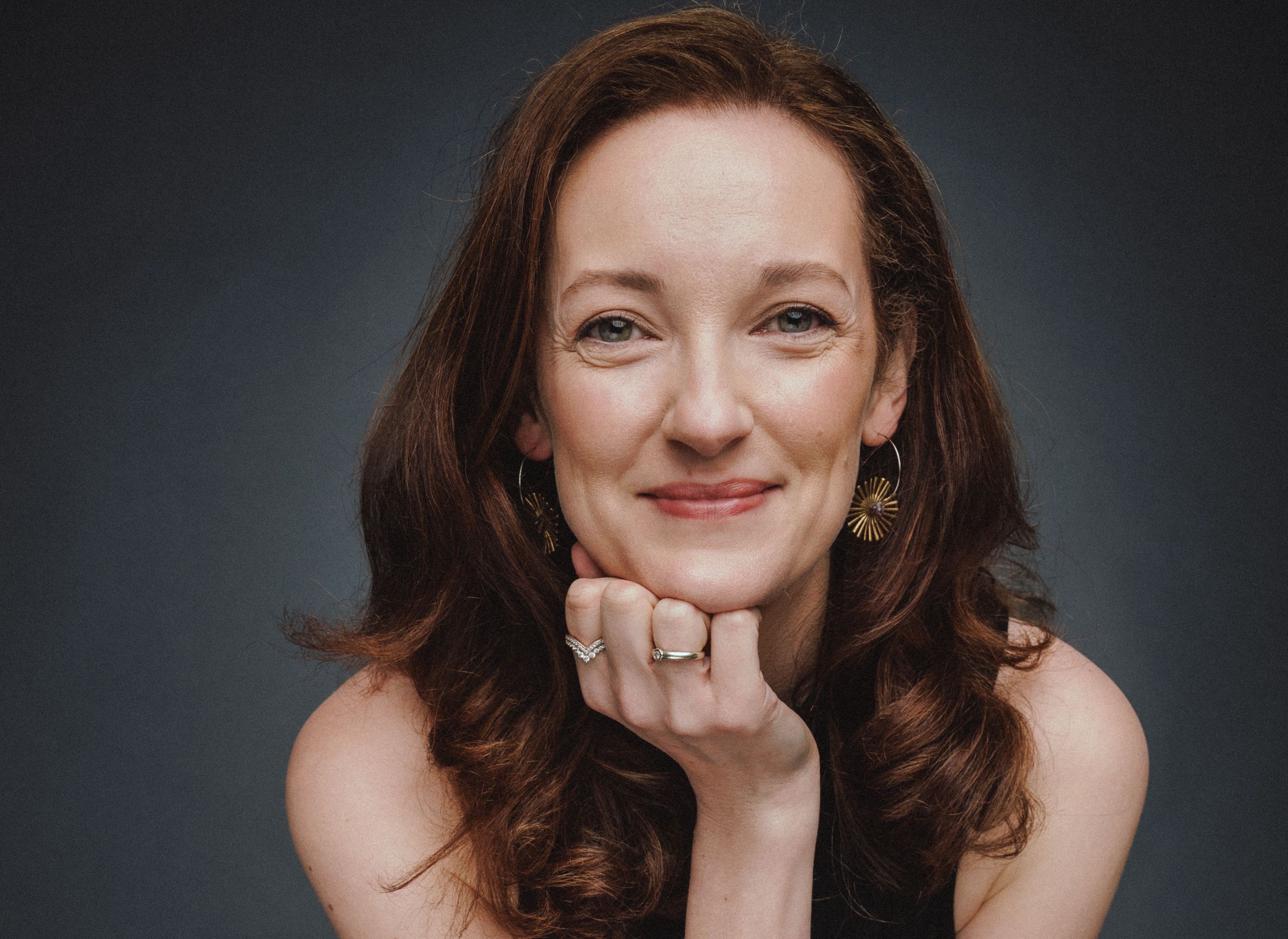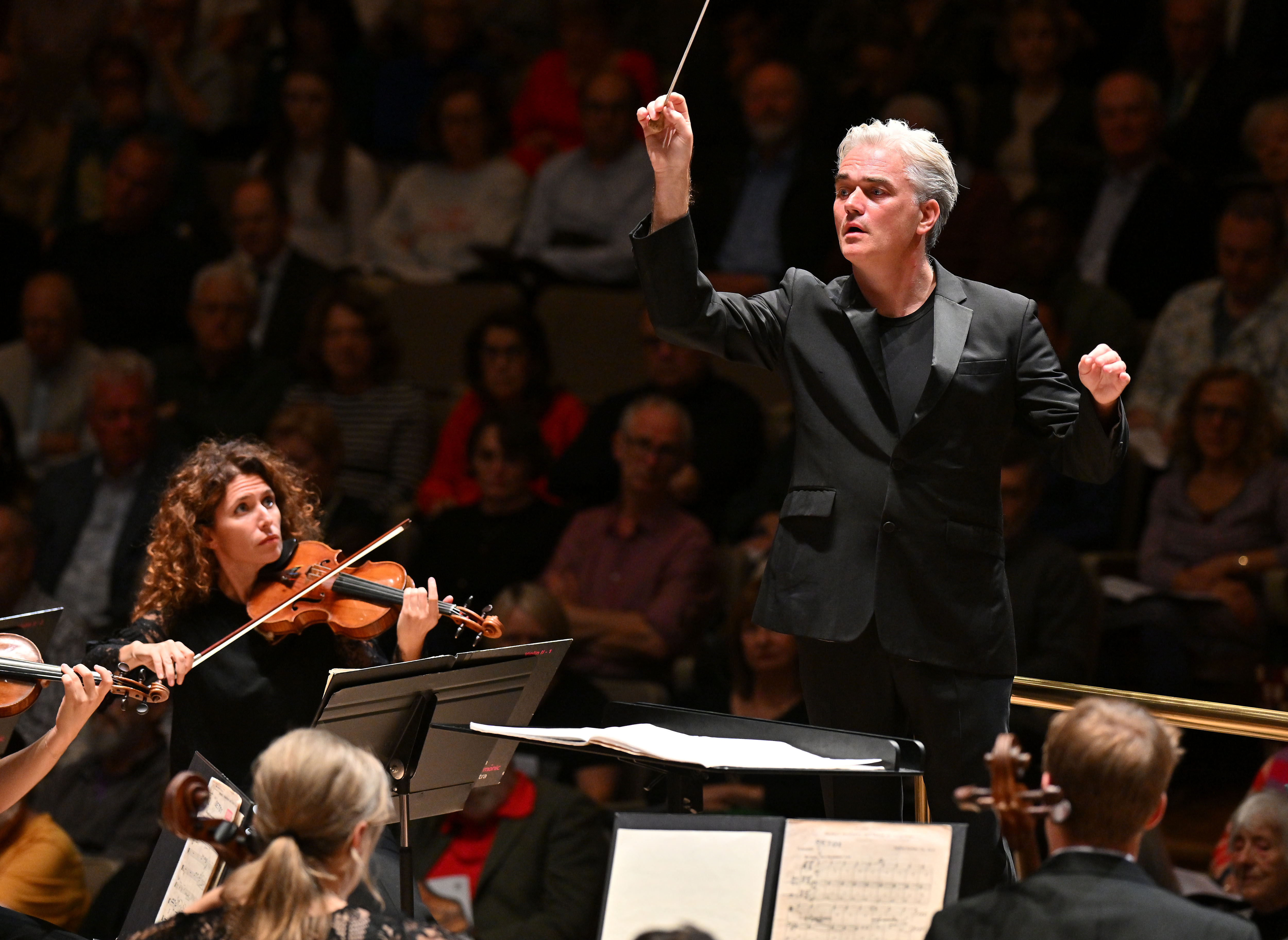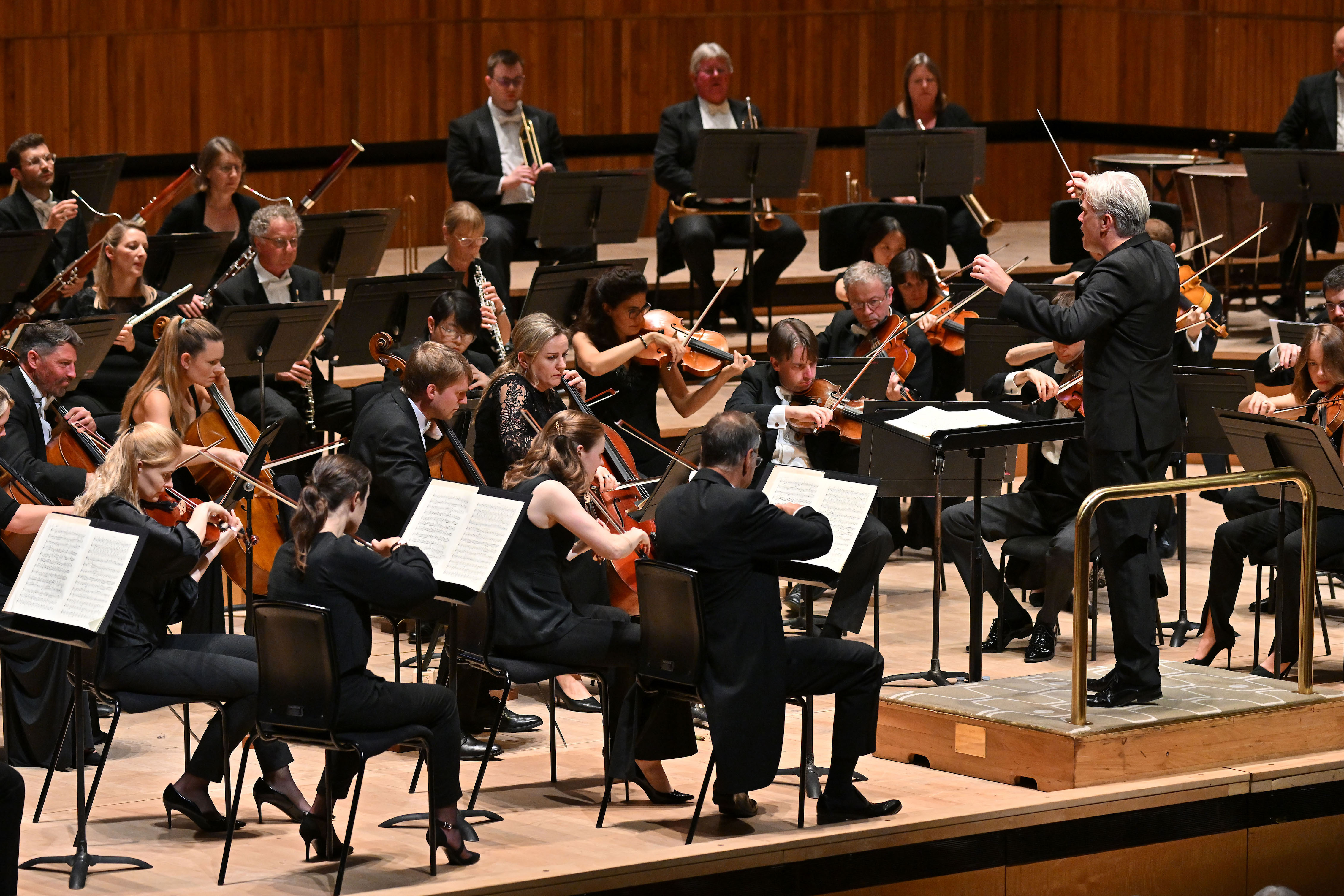Even in the 21st century, it may not take that long for an outlandish literary experiment to jump genres and become an established musical classic. In 2008, I enthusiastically reviewed a strange, poetic, almost Beckett-like novella by the writer and music critic Paul Griffiths.
His let me tell you reconfigures the 483 words that the hapless Ophelia speaks in Hamlet into a haunting, melancholy first-person testament of love, sorrow and (in Griffiths’s version, if not Shakespeare’s) dogged survival.
Five years later, the Danish composer Hans Abrahamsen brilliantly embraced the intrinsic musicality of let me tell you as he translated Griffiths’s work into an icily beautiful song-cycle, or cantata, for soprano Barbara Hannigan. It won the Grawemeyer award for new music, topped a critics’ poll for best work of the century so far, and has beguiled listeners everywhere with its astringent and unearthly loveliness.
let me tell you has become so closely identified with Hannigan’s voice that any performance by other singers can serve as a test of the work’s adaptability. At the Royal Festival Hall, Jennifer France sang it with the London Philharmonic under Edward Gardner as the first half of a concert that ended with Mahler’s Fourth Symphony, with France as the final movement’s vocalist. It feels now like a piece that belongs to any singer capable of entering its spangled, glinting sound-world, as she convincingly did. Yes, I missed something of Hannigan's otherworldly timbre as the vocal line soars, cracks and splinters at almost-unreachable heights, but France (pictured below by Pablo Strong) transmitted her own sort of ethereal but undefeated sadness.  Abrahamsen’s own trajectory – from the almost-minimalist austerities of the Danish “New Simplicity” school to the richer but still wintry atmospheric scores of works such as his opera The Snow Queen – looks far from Mahlerian. Still, Gardner’s alertness to the unsettling contrasts of orchestral texture and colour in both pieces ensured that this coupling eventually made sense. In both (albeit only in Mahler’s farewell vision of a child in paradise, in verses from Des Knaben Wunderhorn), the voice seeks a peace and repose that the orchestra with its harmonic adventures first withholds, but finally endorses.
Abrahamsen’s own trajectory – from the almost-minimalist austerities of the Danish “New Simplicity” school to the richer but still wintry atmospheric scores of works such as his opera The Snow Queen – looks far from Mahlerian. Still, Gardner’s alertness to the unsettling contrasts of orchestral texture and colour in both pieces ensured that this coupling eventually made sense. In both (albeit only in Mahler’s farewell vision of a child in paradise, in verses from Des Knaben Wunderhorn), the voice seeks a peace and repose that the orchestra with its harmonic adventures first withholds, but finally endorses.
In let me tell you, Ophelia invokes, in gnomic, lyrical fragments, her story of frozen solitude, convulsive passion, abandonment and resilience. “My words may be poor,” she sings, “but they will have to do.” Abrahamsen sets many of her lines in the eerie stile concitato mode of Monteverdi. Repeated stresses on the same note create the effect of ululation: from grief, or joy, or both at once. France mastered a part that takes the soprano voice up to the glittering upper atmosphere but still calls for consistent depth of feeling, rather than cold virtuosity alone. Her Ophelia showed force as much as fragility.
Around her bloomed the gorgeous but sinister frost-flowers of Abrahamsen’s orchestration. From celeste to bells to plucked basses and violin harmonics, this winter music envelops Ophelia with a breath-catching magic that never slides into decorative prettiness. Gardner (pictured below by Mark Allan) and the LPO captured the intangible sparkle of this sonic snowscape, a spellbound place that enchants but disturbs when (for instance) the percussion drops its shower of glass-like flakes around Ophelia as she vows to “go on” into the snow. As Gardner said in his introduction, this music must almost sound “wounded”, to match its vulnerable heroine. But it delivers skin-tingling wonderment, as conventional tonality dissolves into uncanny shifting microtones, just as snow transforms an everyday scene. 
Those opening sleigh-bells (another reminder of Abrahamsen’s soundscape) jogged us into a first movement whose delicious lilt and sway gave way to full-flavoured eruptions from brass (with Annemarie Federle, John Ryan and the horns rounded and robust) and woods (notably, here and later, Ian Hardwick’s solo oboe). Cellos (Kristina Blaumane and colleagues) purred, throbbed and keened with velvet-coated muscularity. And when the droll, dark scherzo whirled us into a Gothic fairyland, leader Pieter Schoeman – always a star in his own right – compellingly led the danse macabre, his violin tuned up to its scordatura pitch.
Overall, Gardner ensured that the strings sounded properly idiomatic, with no apologies for lavish portamento swoops and slides. In the slow movement he never held back on luxurious sentiment, and the stupendous orchestral starburst that crowns this full-fat sweetness came as a glorious climax. Gardner never pushed tempi far beyond the domain of stillness and relaxation that Mahler stipulates, but he still conjured surprise and excitement with well-engineered crescendos and accelerandos. 













Add comment